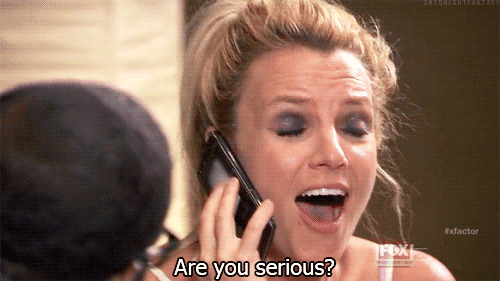The second-most-read post from last year addresses one of my favourite things: how to change the political language we use to make our messages more powerful.
Labour have persisted with the language of “lifting children out of poverty” with the passage of the Families Package before Christmas, and while the actual changes they’ve made are good, it’s a missed opportunity for re-framing how we talk about poverty and how we get people to think about welfare and community in a different, much more progressive way.
Originally posted 27 March 2017
I’ve been thinking more about how we frame our messages this election year, and I’ve realised something pretty significant.
I don’t want to lift children out of poverty.
Because poverty isn’t a hole in the ground, which a few errant kids fell into by accident. Why weren’t they watching where they were going? Can’t they just get themselves out again?
Where did that hole even come from? It’s been there forever. Hell, we put up signs to warn people – “Stay in school!” “Don’t do drugs!” “This way to the free CV-writing seminar!”
If some kids are going to be reckless and fall into the poverty hole, why should my taxpayer dollars pay for a rope to get them out?
It’s not my hole. I was smart enough to stay out of it. My parents don’t live anywhere near that hole. Why should stupid kids who jumped in get a free hand up? They’ll just jumping in again, because we haven’t made them face the consequences of their actions.
I don’t want to lift children out of poverty, because they’re not in there alone. Of course we don’t really blame them for being in the hole. But their parents? They’re adults. They should have known better. Why on earth were they wandering around a hole, with kids no less?
Some of them even have more children in the hole. We can’t reward that kind of irresponsible behaviour!
What if poverty wasn’t a hole in the ground?
What if we talked about poverty as violence. Not inevitable. Not accidental. A deliberate act, committed by human beings who hurt others for their own gain.
What if we talked about poverty as a scam. Greedy con artists stacking the deck in their own favour and stealing everyone else’s cards.
In either case, it’s a choice they’ve made, to profit and rule by robbig other people of options. Offering nothing but starvation wages and windowless garages to live in.
What if we talked about poverty as a wall. Something built by people – CEOs, rightwing politicians, the 1% – to trap everyone else and deny us freedom to live our lives.
What if we said: those people demolished the things we built together – state housing, social welfare, health, education – and used the rubble to block our path.
What if we said: we’re going to tear that wall down, all of us, together.
(What if we realised there isn’t one wall, there are multiple walls, and some people have more than one standing in their way, and we have a moral duty to destroy every single one of them, not just the ones that affect us personally?)
I don’t want to lift children out of poverty. Because I will not treat the deliberately-created, wilfully-engineered exploitation of other human beings as a natural phenomenon. A blameless boo-boo. An opportunity for abstract debate about whether the role of government is to throw a rope down or tell them to pull themselves out of the mess they got themselves into.
I want us to disarm the people who are hurting children by forcing them and their families to be poor. I want us to expose the fraud. I want us to break down the walls of poverty which have been constructed so a greedy few can hoard the profits of others’ labour.
We cannot offer solutions without naming the problem. But we’ve got it all backwards.
The problem isn’t poverty. It’s greed.
The villains aren’t the stupid people who jumped down the poverty hole. It’s the greedy. The rich. The neoliberal mad scientists who created poverty in a lab and sent it out on a dark and stormy night to menace innocent villagers.
The solution isn’t lifting children out of poverty. It’s tearing poverty down.
The right don’t want to have this conversation. They are very happy for us to keep talking about poverty as an abstract phenomenon. They love how much time we spend trying to nail them down to one specific, simple, objective measurement of poverty. They want us to keep saying poverty is a hole, so they can keep saying that it’s not the government’s job to give people free rope to climb out of it.
So let’s stop playing their game.


